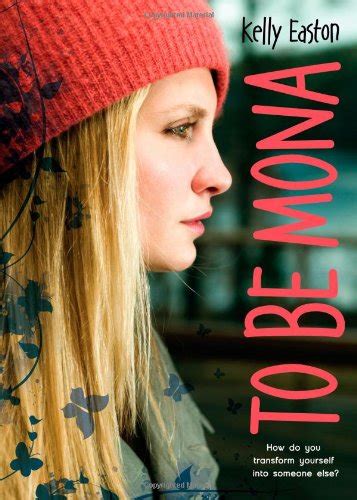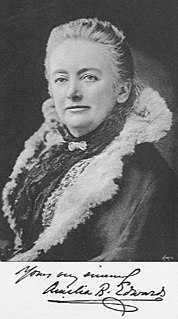A Quote by Seneca the Younger
Leisure without literature is death and burial alive.
Related Quotes
Leisure, the highest happiness upon earth, is seldom enjoyed with perfect satisfaction, except in solitude. Indolence and indifference do not always afford leisure; for true leisure is frequently found in that interval of relaxation which divides a painful duty from an agreeable recreation; a toilsome business from the more agreeable occupations of literature and philosophy.
I felt him there with me. The real David. My David. David, you are still here. Alive. Alive in me.Alive in the galaxy.Alive in the stars.Alive in the sky.Alive in the sea.Alive in the palm trees.Alive in feathers.Alive in birds.Alive in the mountains.Alive in the coyotes.Alive in books.Alive in sound.Alive in mom.Alive in dad.Alive in Bobby.Alive in me.Alive in soil.Alive in branches.Alive in fossils.Alive in tongues.Alive in eyes.Alive in cries.Alive in bodies.Alive in past, present and future. Alive forever.
What have we got here in America that we believe we cannot live without? We have the most varied and imaginative bathrooms in the world, we have kitchens with the most gimmicks, we have houses with every possible electrical gadget to save ourselves all kinds of trouble - all so that we can have leisure. Leisure, leisure, leisure! So that we don't go mad in the leisure, we have color TV. So that there will never, never, be a moment of silence, we have radio and Muzak. We can't stand silence, because silence includes thinking. And if we thought, we would have to face ourselves.
Death is the end of the fear of death. [...] To avoid it we must not stop fearing it and so life is fear. Death is time because time allows us to move toward death which we fear at all times when alive. We move around and that is fear. Movement through space requires time. Without death there is no movement through space and no life and no fear. To be aware of death is to be alive is to fear is to move around in space and time toward death.
It was autumn, the springtime of death. Rain spattered the rotting leaves, and a wild wind wailed. Death was singing in the shower. Death was happy to be alive. The fetus bailed out without a parachute. It landed in the sideline Astroturf, so upsetting the cheerleaders that for the remained of the afternoon their rahs were more like squeaks.
One task of literature is to formulate questions and construct counterstatements to the reigning pieties. And even when art is not oppositional, the arts gravitate toward contrariness. Literature is dialogue: responsiveness. Literature might be described as the history of human responsiveness to what is alive and what is moribund as cultures evolve and interact with one another.






































